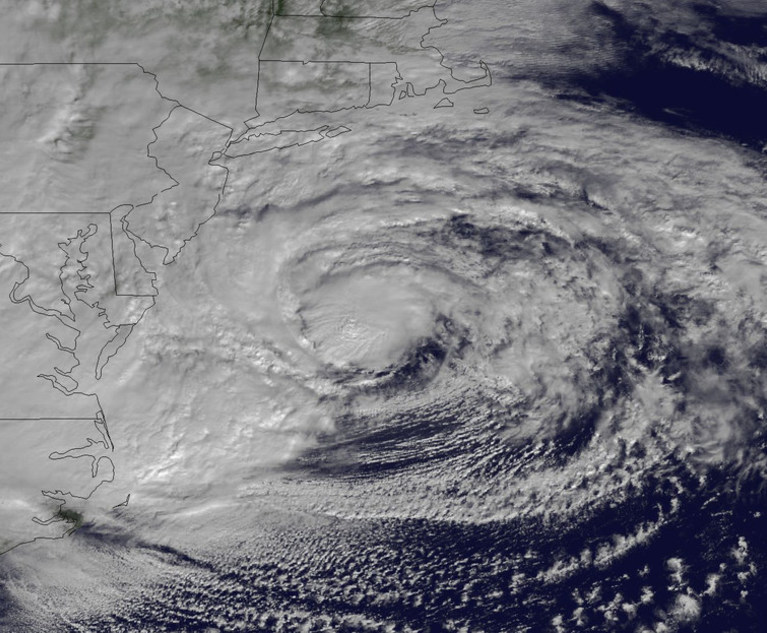Force majeure, oft times colloquially expressed as an “act of God,” is a comparatively straightforward principle of contract law. Clauses bearing the same moniker lawfully excuse a party from its contractual obligations when an uncontrollable event intervenes, typically a natural disaster, war or political upheaval. Nevertheless, which calamities trigger the protective umbrella of any given force majeure proviso is a matter strictly determined by the paragraph’s plain text.
That maxim was driven home most recently by the U.S. Court of Appeals for the Second Circuit in JN Contemporary Art v. Phillips Auctioneers, ___ F.3d ___ (No. 21-32-cv) (2d Cir. March 23, 2022), where that federal bench effectively melded together a number of controlling axioms which regulate the enforcement of force majeure accords. For that very reason, we commence the instant writing with a brief summary of JN’s most relevant antecedents.


 Hurricane Sandy.
Hurricane Sandy.




